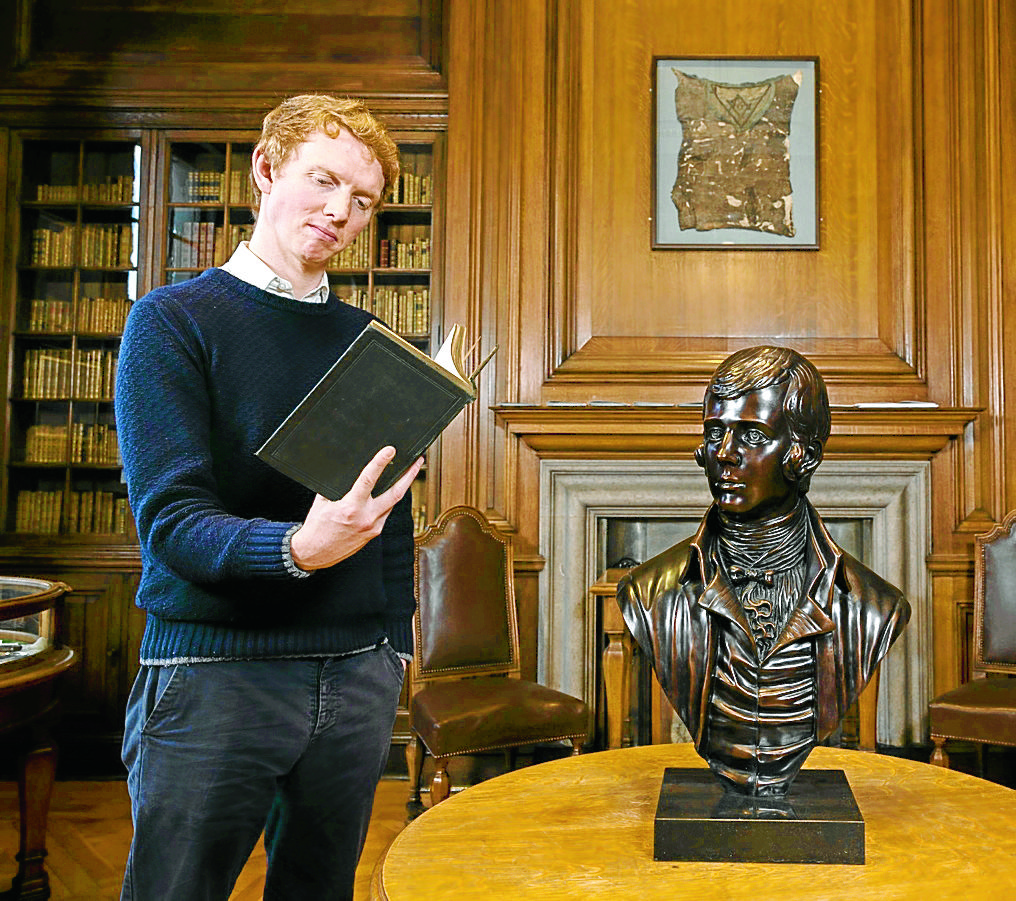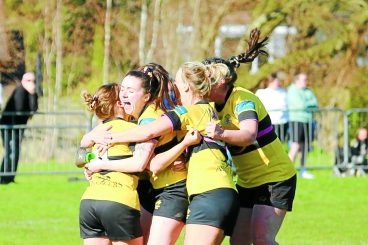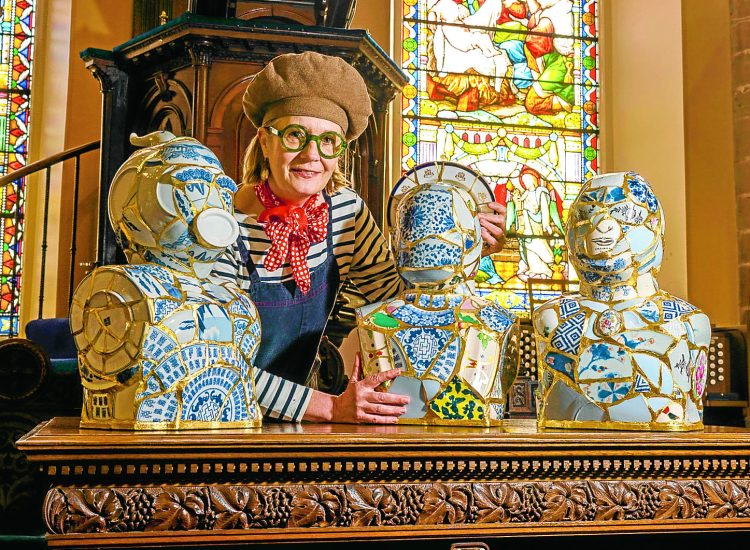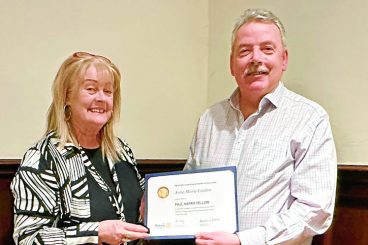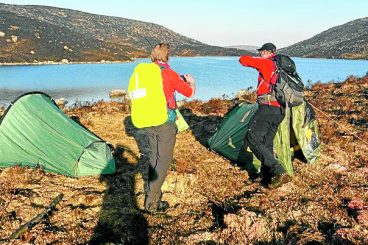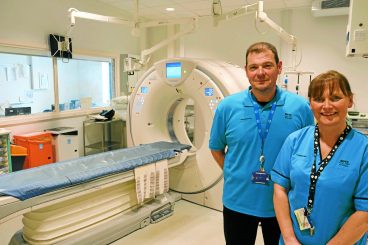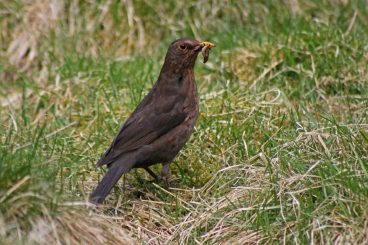A LANDMARK research project will examine Robert Burns’ connections with Freemasonry.
The University of Glasgow’s Centre for Robert Burns Studies (CRBS) has appointed PhD scholar Patrick Jamieson, above, to carry out the study.
The Bard was a dedicated Freemason throughout his adult life, serving as Senior Warden of Lodge St Andrew, Dumfries, until his death in 1796, with earlier powerful masonic connections also in Edinburgh and Ayrshire.
His Masonic affiliations even influenced his work, including one of his most famous poems, ‘A Man’s a Man for a’ That’, which was notably performed at the opening of the Scottish Parliament in 1999.
The pioneering research, funded by The Grand Lodge of Antient Free and Accepted Masons of Scotland, marks the first in-depth academic study of its kind.
Patrick said: “It is an honour to have been awarded the Scottish Masonic Scholarship by the University of Glasgow, and to have been given the chance to undertake such necessary research. I am grateful to the Grand Lodge of Scotland for providing unprecedented access to masonic records across the country, most of which date back to Enlightenment Scotland.
“Already, study of these records has provided information about a number of Burns’s patrons which begins to corroborate previous theories about the role a masonic network might have played in facilitating his ascension to the status of ‘Caledonia’s Bard’. I look forward to delving deeper into the archives over the coming years and discovering new insights into this fascinating and understudied part of Burns’s life and career.”
Evidence of Burns’s Masonic life is preserved at the Grand Lodge of Scotland in Edinburgh, where his original Masonic apron is displayed in the museum.
William Ramsay McGhee, The Grand Master Mason described it as “an exciting and history-making collaboration”.





